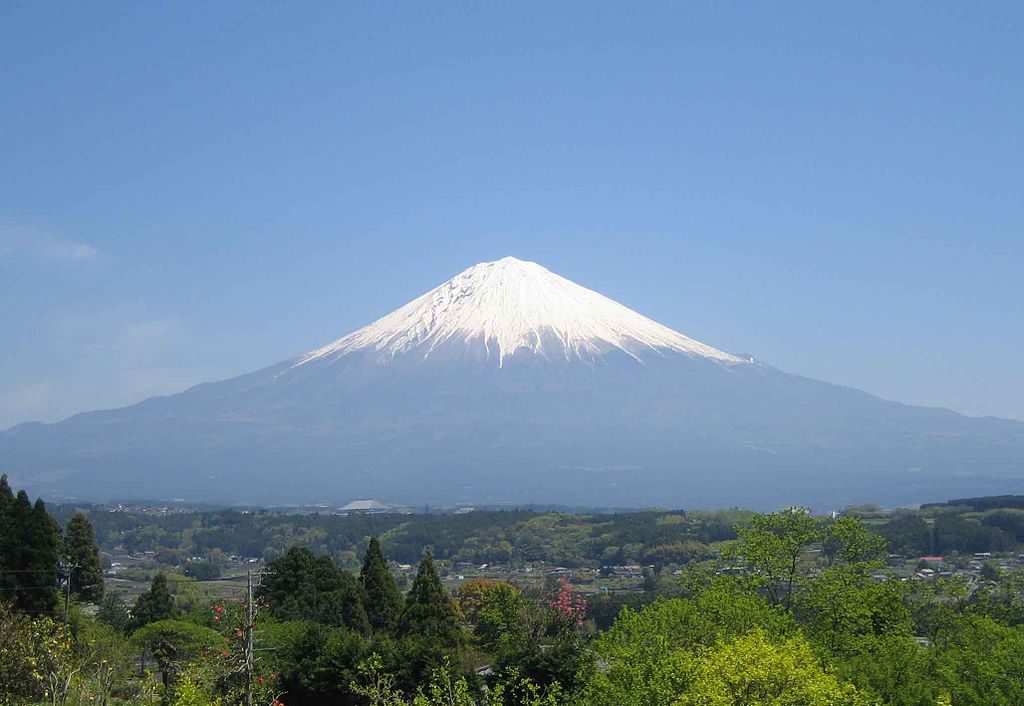Panasonic transfers solar manufacturing unit to
GS-Solar and creates new research JV

Japanese electronics giant Panasonic has announced a cooperation agreement with Chinese heterojunction panel maker GS-Solar.
Under the terms of the agreement, the Japanese company will transfer its Panasonic Energy Malaysia Sdn Bhd solar manufacturing subsidiary to GS-Solar (China) Company Ltd. Panasonic will also separate out its PV research and development unit into a joint venture with its Chinese partner.
The research and development JV will be named TBD and based in Japan and GS-Solar will hold a 90% stake in it with Panasonic accounting for the balance. “Panasonic will transfer 90% of the total number of issued shares of the new company to GS-Solar on November 1, 2019 (scheduled) as effective date,” the Japanese company said. On the same date, the electronics giant is expected to transfer all issued shares in Panasonic Energy Malaysia to the Chinese group, with no information given on the financial aspects of that deal.
Panasonic added, the balance of its solar manufacturing operations, including facilities in the U.S. and Japan, would be unaffected by the transfer of its Energy Malaysia unit.
Further optimization of manufacturing operations
In Japan, the company ceased to produce modules at its factory in Otsu, in Shiga prefecture, in March 2017. Six months later it shuttered its silicon ingot factory in Oregon, in the U.S.
“The companies have come to this agreement as they aim to drive further development of heterojunction photovoltaic technologies through the sharing and utilization of their respective technologies and production knowhow,” Panasonic said in a statement about the cooperation.
The Japanese company claims the changes will enable it to optimize production at the Malaysian factory. “Most importantly, the newly established company will be committed to driving the competitiveness of its PV business through further innovation [in] heterojunction technologies,” it said.
Meanwhile, Panasonic’s Eco Solutions division, which includes its solar-related businesses, saw sales rise 4% to ¥2.04 billion ($18.6 million) in the last fiscal year. Despite sales expansion, the company said, the segment’s operating profit decreased to ¥64.6 billion, year-on-year, due an impairment loss of fixed assets in the solar business
